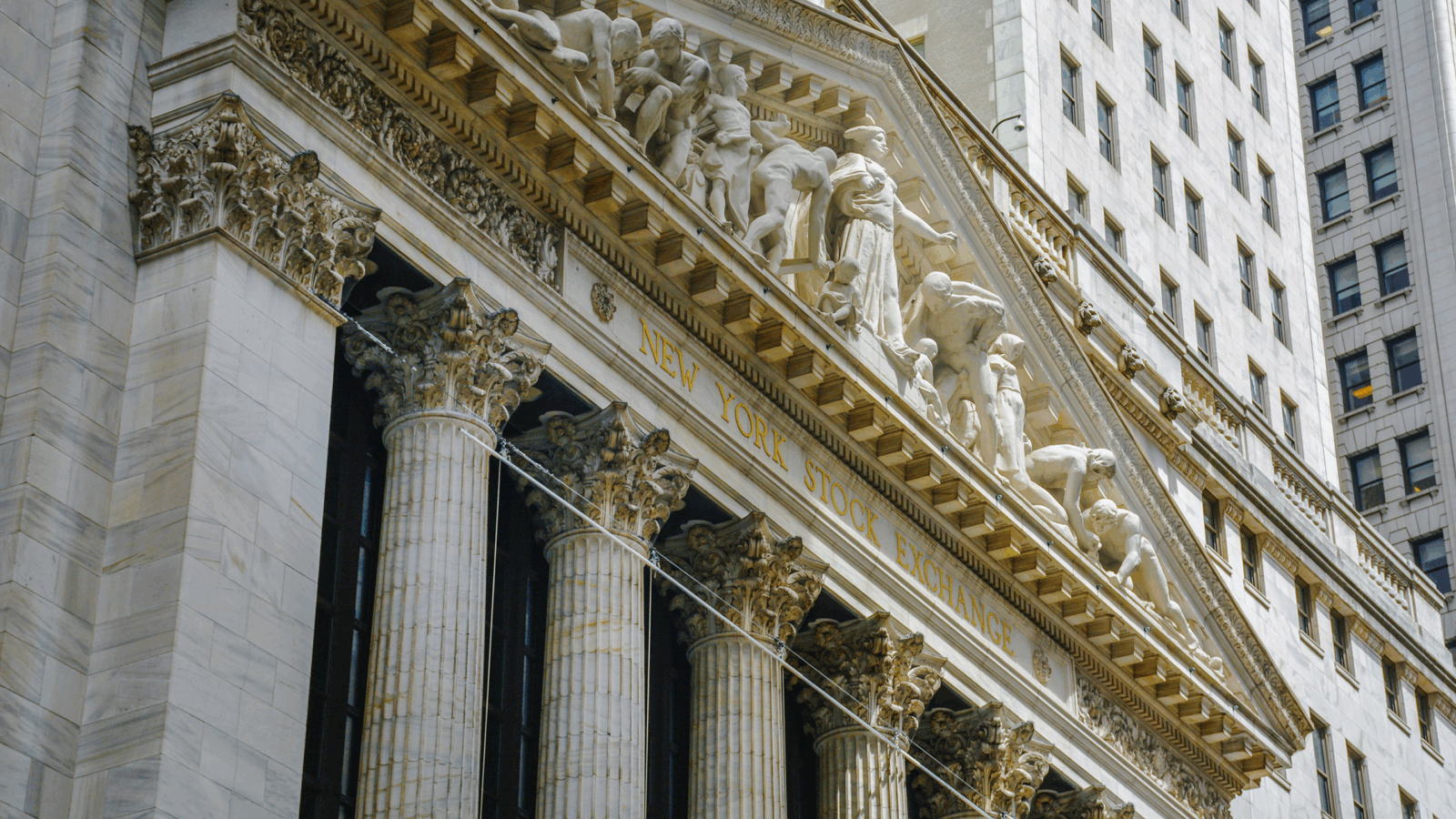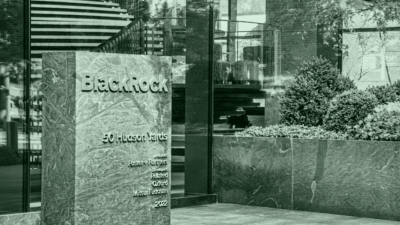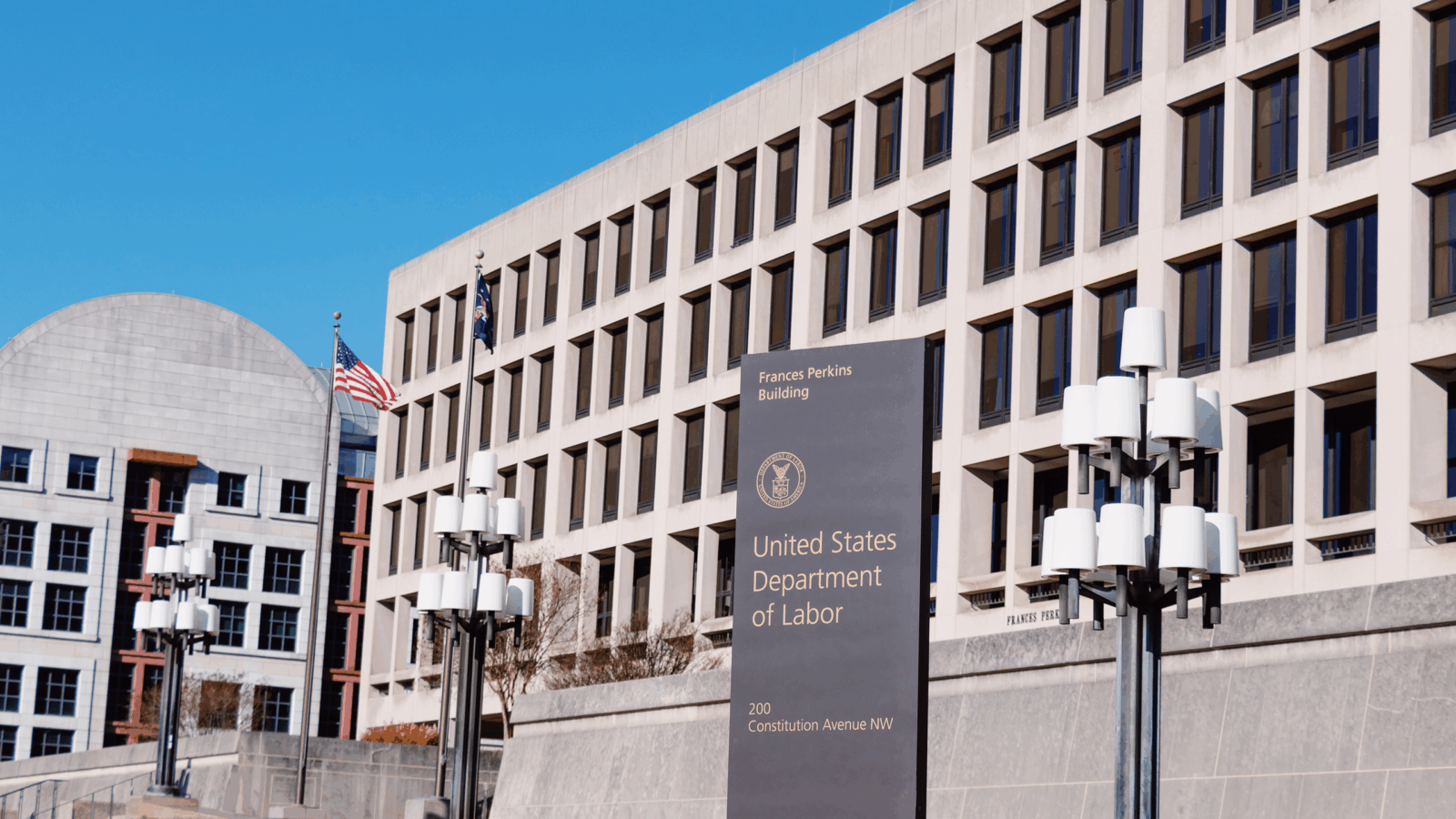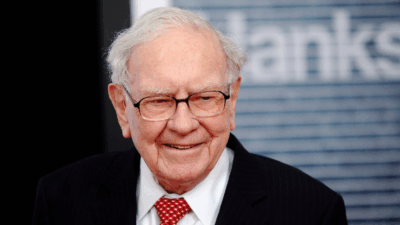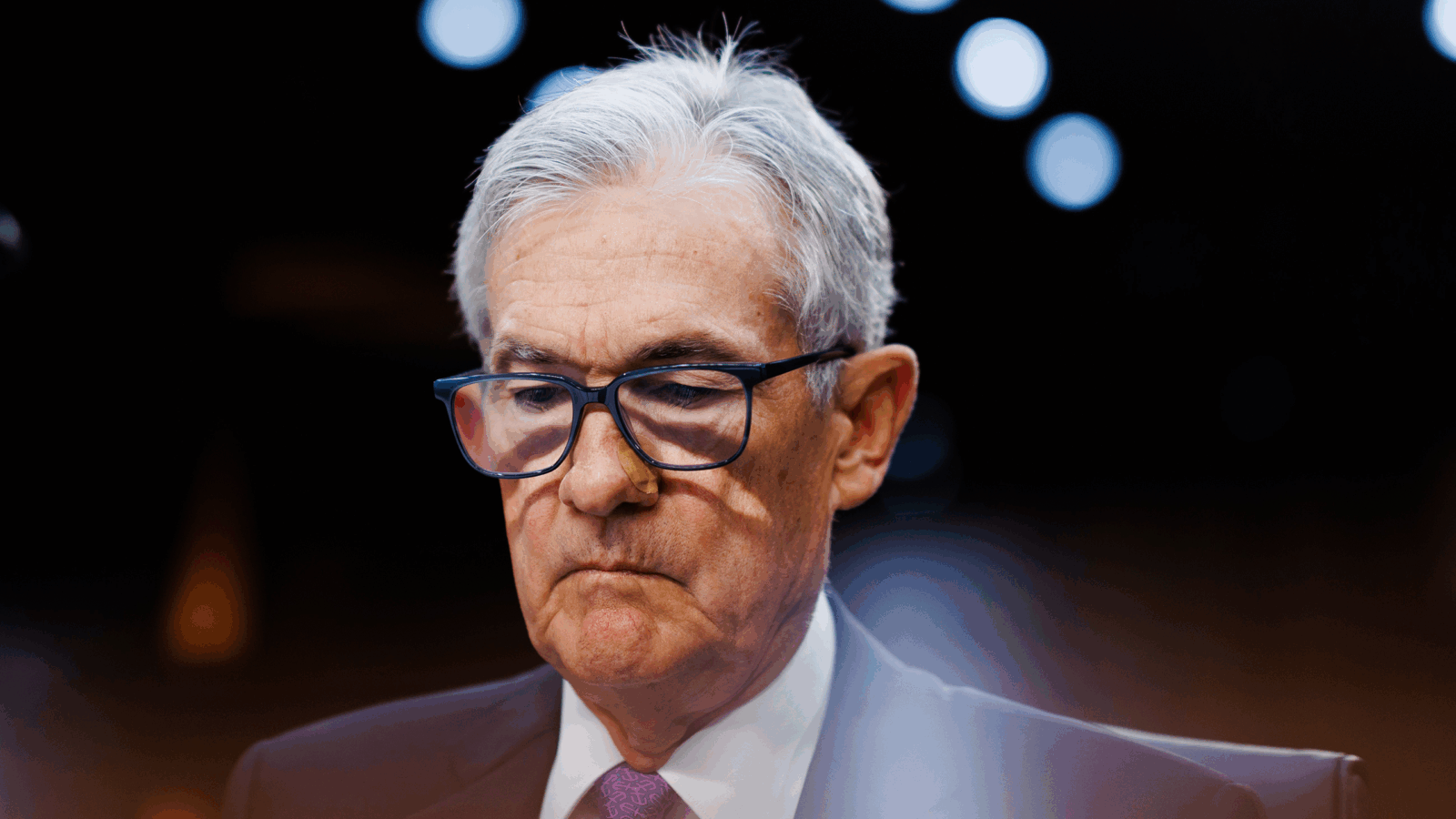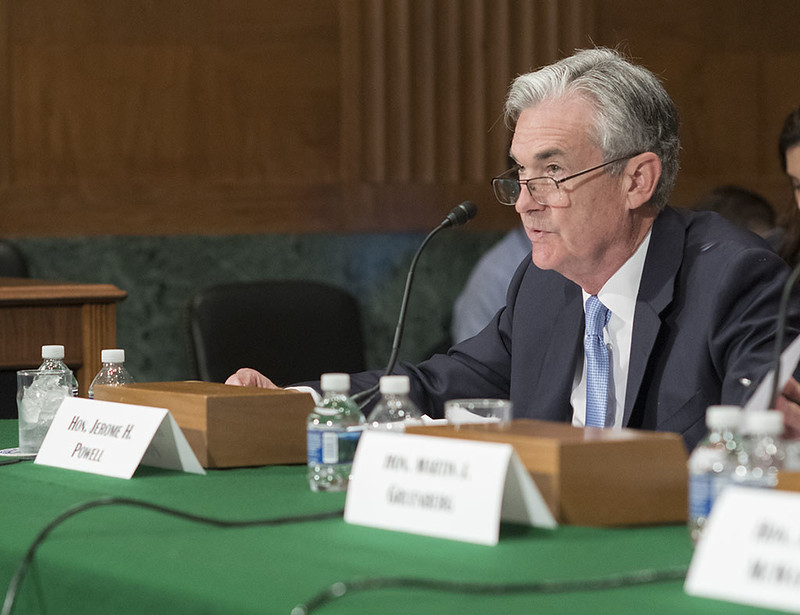
Sign up for smart news, insights, and analysis on the biggest financial stories of the day.
Jerome Powell pulled no punches on Tuesday, telling Congress directly, and Wall Street indirectly, that inflation is still running hot. So he’s not done hiking rates just yet.
And while no major player in finance likes inflation, the spate of recent rate hikes has created an opening for private credit players to edge out big banks in loan financing deals. This week saw private credit lenders preparing for their biggest deal ever.
Extra Credit
After years and years of ultra-low interest rates, the upsurge has dampened the value of banks’ existing loans. As rates rise, the value of bonds, corporate or otherwise, decrease, increasing the risk of defaults and leaving banks with assets that look more and more like liabilities. Some $40 billion of difficult-to-offload corporate debt was a major reason US banks scaled back their lending operations last year. Expanding their loan books further would have been unwise — and in some cases even legally non-compliant.
That same ultra-low rate environment, meanwhile, left private equity firms fat with more capital than they know what to do with, making private credit alluring, especially with banks ceding the field to PE amid the rate spikes. The new landscape has allowed private credit loans, tailored to each deal, to regularly occur at as much as 7 percentage points above the floating benchmark interest rate. That’s quite a windfall for lenders, and that was before Powell threatened even more hikes.
Thus, private credit groups keep blowing past previous benchmarks:
- Blackstone, Apollo, and Ares are poised to write a record $5.5 billion loan to assist buyout group Carlyle to acquire a 50% stake in healthcare analytics company Cotiviti, sources told the Financial Times.
- Private credit groups managed roughly $1.4 trillion worth of assets globally in 2022, up from just $500 million in 2015, with research firm Preqin expecting the market to hit $2.3 trillion by 2027.
“Banks have reduced their appetite to arrange and underwrite, and the direct lending market has naturally moved in to fill that vacuum,” Andrew McCullagh, Hayfin Capital Management managing director, recently told Bloomberg.
Don’t Bank on It: In the past, private credit loans usually peaked at $2 billion. But last year saw Blackstone back a $5 billion loan to fund an acquisition of Zendesk. Can banks bounce back? “A lot of underwriters are on the sidelines and so to get a syndicated deal underwritten at scale is challenging. But . . . people will come back,” Rob Fullerton, global head of leveraged finance at Jefferies, told the FT. Sounds… promising.
